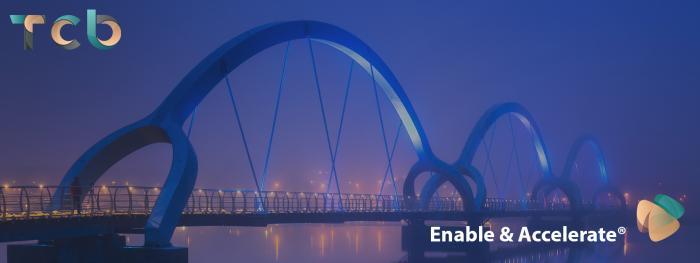TCB's John Cockburn-Evans writes:
I will go into more detail but being at the “learning edge” is only one of many.
The most important premise is that coaching is not consulting or knowledge transfer. That may sound obvious to some, but it is an important distinction that can easily swept up or forgotten. If we are talking about coaching performance then the context is that coaching is not a defined process, but an agile and thoughtful intervention based on skill, training knowledge and experience. Whether it be individual or team coaching, one of the critical skills it to be able to hold either the space or the room.
There is little difference between a high performing coach and a change agent. They have similar characteristics, feelings and attributes. I have listed a few of those below that I have used to describe change agents:
You see things that others do not
You will be continually feeling marginal and alone as you have a unique role and perspective. You will have to cope with being alongside and in front of the team, but not part of it.
You will feel uncomfortable with the status quo
You will feel higher and higher levels of resistance as you help people out of their comfort zones.
You will see situations with different eyes. From multiple perspectives and in differing contexts.
You will struggle with the tension between what you need to develop yourself in service of the client and what the client needs immediately.
Edges of your patience will be pushed as things will not go as fast as you believe things should happen.
Coaches are naturally curious and will be both learning and pushing themselves. The list above highlights the continual constructive tension that drives both coaches and change agents forward. This helps us understand what is described as the learning edge.
The learning edge is the place where the coaching client and the coach do not have an answer, but it is clear to both that life is requiring one. In some respects, “knowing is both believing and achieving “. This is one of the key differences between transactional level coaching and a deeper and more powerful approach. This is where the coach and client both have a sense of being and belonging in the process.
© John Cockburn-Evans
